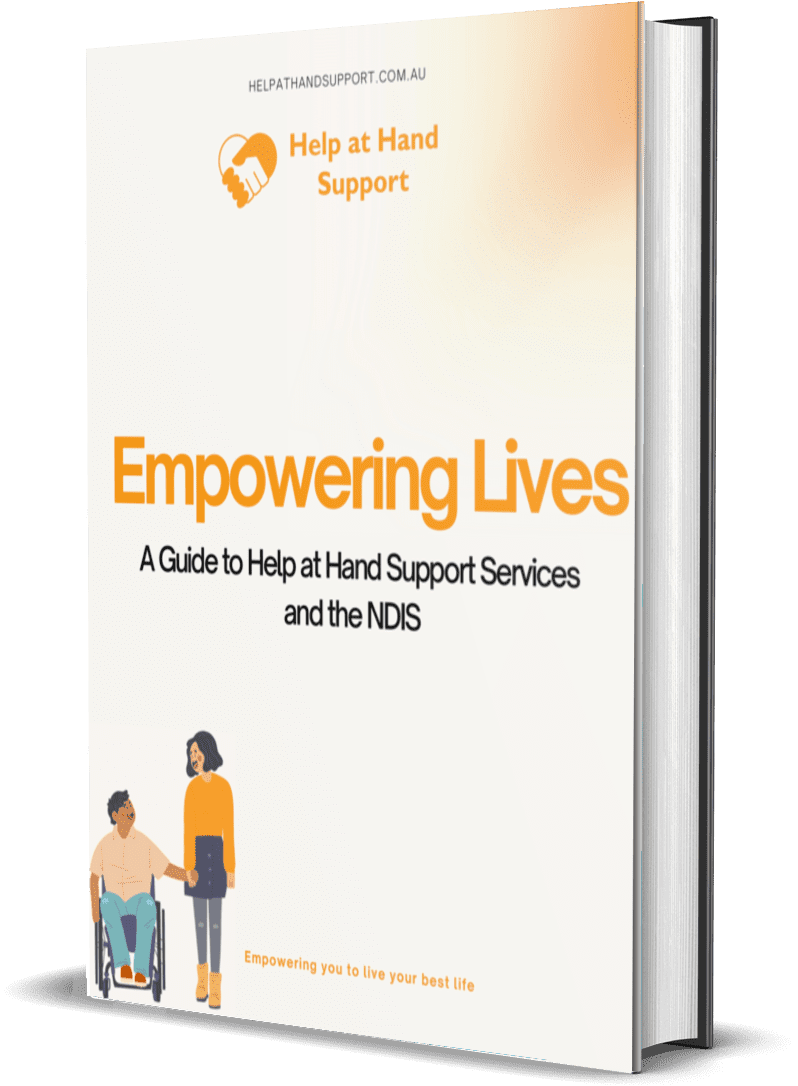Understanding Autism Spectrum Disorder (ASD)
Autism Spectrum Disorder (ASD) is a neurological and developmental condition that affects how individuals perceive and interact with the world. It influences communication, social interactions, behaviour, and sensory processing. The term “spectrum” reflects the wide range of characteristics and experiences among autistic individuals—some may need significant support in daily life, while others may live independently. Autism is not a disease but a different way of experiencing and engaging with the world.
Signs and Characteristics
Autism can present differently in each individual, but common characteristics include:
- Social Differences: Difficulty with eye contact, understanding social cues, or engaging in conversations.
- Communication Challenges: Delayed speech development, non-verbal communication, or difficulty expressing emotions.
- Repetitive Behaviours: Engaging in repetitive movements (e.g., hand flapping, rocking) or having rigid routines.
- Sensory Sensitivities: Over- or under-reacting to sounds, lights, textures, or smells.
- Strong Interests: Intense focus on specific topics or activities.

Causes and Diagnosis
- The exact cause of autism is unknown, but research suggests a combination of genetic and environmental factors.
- Autism is usually diagnosed in early childhood, but some individuals may receive a diagnosis later in life.
- Diagnosis is based on behavioural assessments by specialists, including psychologists, paediatricians, and speech therapists.

Support and Therapies
While autism is not a condition that needs to be “cured,” support can help individuals navigate daily life. Some common support options include:
- Speech Therapy – Helps with communication skills.
- Occupational Therapy – Supports sensory processing and daily tasks.
- Behavioral Therapy – Assists in managing behaviours and emotions.
- Educational Support – Individualized learning plans (ILPs) in schools.
Myths and Misconceptions
❌ “All autistic people have intellectual disabilities.”
✅ Autism varies — some have intellectual disabilities, while others have average or above-average intelligence.
❌ “People with autism lack emotions.”
✅ They experience emotions deeply but may express them differently.
❌ “Autism is caused by vaccines.”
✅ This is a debunked myth with no scientific evidence.
How to Support Someone with Autism
Supporting an autistic individual means understanding their unique needs and providing a comfortable, inclusive environment. Here are some key ways to offer support:
✔ Be patient – Allow extra time for processing and responding. Avoid rushing conversations or expecting immediate answers.
✔ Respect their preferences – Some autistic individuals may prefer written communication over verbal interactions. Adapting to their comfort level can improve communication.
✔ Create an inclusive environment – Reduce sensory triggers such as loud noises, bright lights, or overwhelming spaces to make interactions more comfortable.
✔ Avoid assumptions – Every autistic person is different. Instead of making assumptions about their abilities or needs, ask how you can best support them.
At Help at Hand Support, we provide tailored support services to help autistic individuals lead fulfilling lives. If you or someone you know needs assistance, visit our referral page to learn more about our services. 💙
Useful Resources
- Autism Awareness Australia – https://www.autismawareness.com.au/
- The Autism Cooperative Research Centre (Autism CRC) – https://www.autismcrc.com.au/
- Children’s Autism Foundation – https://www.autism.org.au/
Check out more from our Blog
Book A Care Consult
We will be in contact with you shortly







